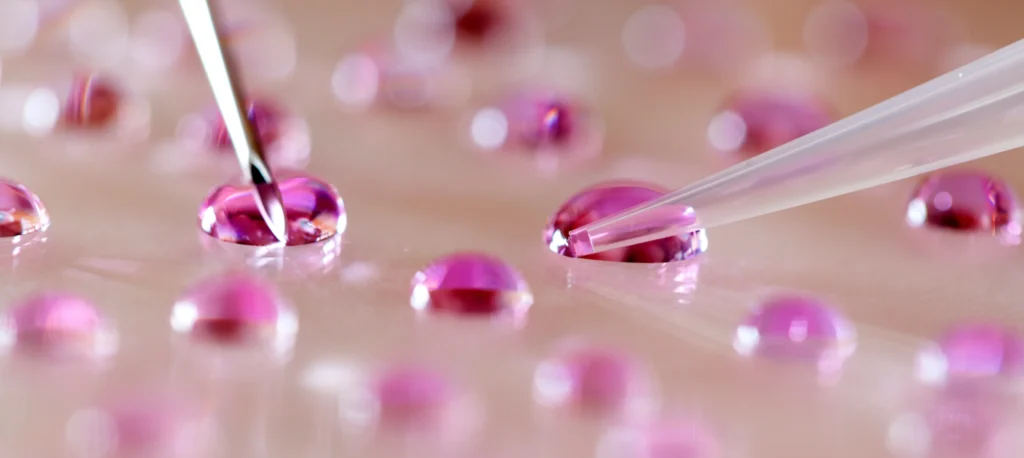In the realm of reproductive medicine, In Vitro Fertilization (IVF) is not only a path to parenthood but also a lifeline for individuals facing fertility challenges due to medical conditions, age, or other factors. However, IVF is not solely about conceiving at the present moment; it can also be a powerful tool for fertility preservation. In this comprehensive guide, we will explore the options available to both women and men for preserving their fertility through IVF, offering hope and possibilities for the future.
Part 1: Fertility Preservation for Women
- Egg Freezing (Oocyte Cryopreservation):
– Egg freezing is a groundbreaking fertility preservation method that allows women to store their eggs for future use.
– Ideal for women who want to delay childbearing due to career, medical treatments, or personal reasons, egg freezing can preserve the quality of eggs at a younger age.
- Embryo Cryopreservation:
– Women who are in a committed relationship or considering IVF treatment for infertility can opt for embryo cryopreservation.
– This process involves fertilizing eggs with sperm, creating embryos, and freezing them for later use.
- Ovarian Tissue Cryopreservation:
– In cases where medical treatments like chemotherapy or radiation pose a risk to fertility, women can opt for ovarian tissue cryopreservation.
– A portion of the ovarian tissue is removed and frozen for potential future transplantation.
Part 2: Fertility Preservation for Men
- Sperm Cryopreservation:
– Sperm cryopreservation, also known as sperm freezing, is a straightforward method for men to preserve their fertility.
– Men can provide sperm samples, which are then frozen and stored for later use in IVF.
Part 3: Fertility Preservation for Medical Reasons
- Cancer Treatment and Fertility Preservation:
– Cancer treatments like chemotherapy and radiation can severely impact fertility in both women and men.
– Prior to starting cancer treatment, individuals can undergo fertility preservation procedures to safeguard their reproductive potential.
- Fertility Preservation for Transgender Individuals:
– Transgender individuals who wish to transition while preserving their fertility can explore options such as egg or sperm freezing.
– These procedures allow individuals to retain the possibility of biological parenthood.
Part 4: The IVF Process for Fertility Preservation
- Stimulation and Egg Retrieval:
– Women undergoing fertility preservation through egg freezing or embryo cryopreservation will undergo a controlled ovarian stimulation process to produce multiple eggs.
– When the eggs are mature, they are retrieved through a minor surgical procedure.
- Sperm Collection:
– Men providing sperm samples for cryopreservation can do so through masturbation.
– The samples are then processed and frozen.
- Storage and Future Use:
– Preserved eggs, embryos, or sperm are carefully stored in specialized cryopreservation facilities until the individual or couple decides to use them.
– When ready, the stored reproductive materials can be thawed and used in an IVF cycle to attempt pregnancy.
Part 5: Ethical and Emotional Considerations
- Decision-Making:
– Deciding to pursue fertility preservation is a deeply personal choice, often influenced by medical, emotional, and social factors.
– Conversations with healthcare providers, fertility specialists, and mental health professionals can help individuals and couples make informed decisions.
- Ethical Questions:
– Fertility preservation raises ethical questions about the future use of stored reproductive materials, consent, and the potential for unused embryos.
– Transparent discussions and clear legal agreements are essential to address these ethical dilemmas.
Part 6: The Future of Fertility Preservation
- Advancements in IVF Technologies:
– Ongoing research and development in IVF technologies, including improvements in egg and sperm freezing techniques, are enhancing the efficacy of fertility preservation.
– Innovations in fertility preservation are expanding options and improving outcomes.
Conclusion
IVF and fertility preservation offer individuals and couples the power to make choices about their reproductive futures. Whether it’s preserving eggs, embryos, or sperm for personal or medical reasons, these methods provide hope and assurance.
By embracing the possibilities offered by IVF, individuals and couples can navigate life’s challenges with the confidence that their dream of parenthood remains within reach, even in the face of medical treatments, career pursuits, or other circumstances. Fertility preservation through IVF is a testament to the intersection of science, choice, and hope in the ever-evolving landscape of reproductive medicine.

